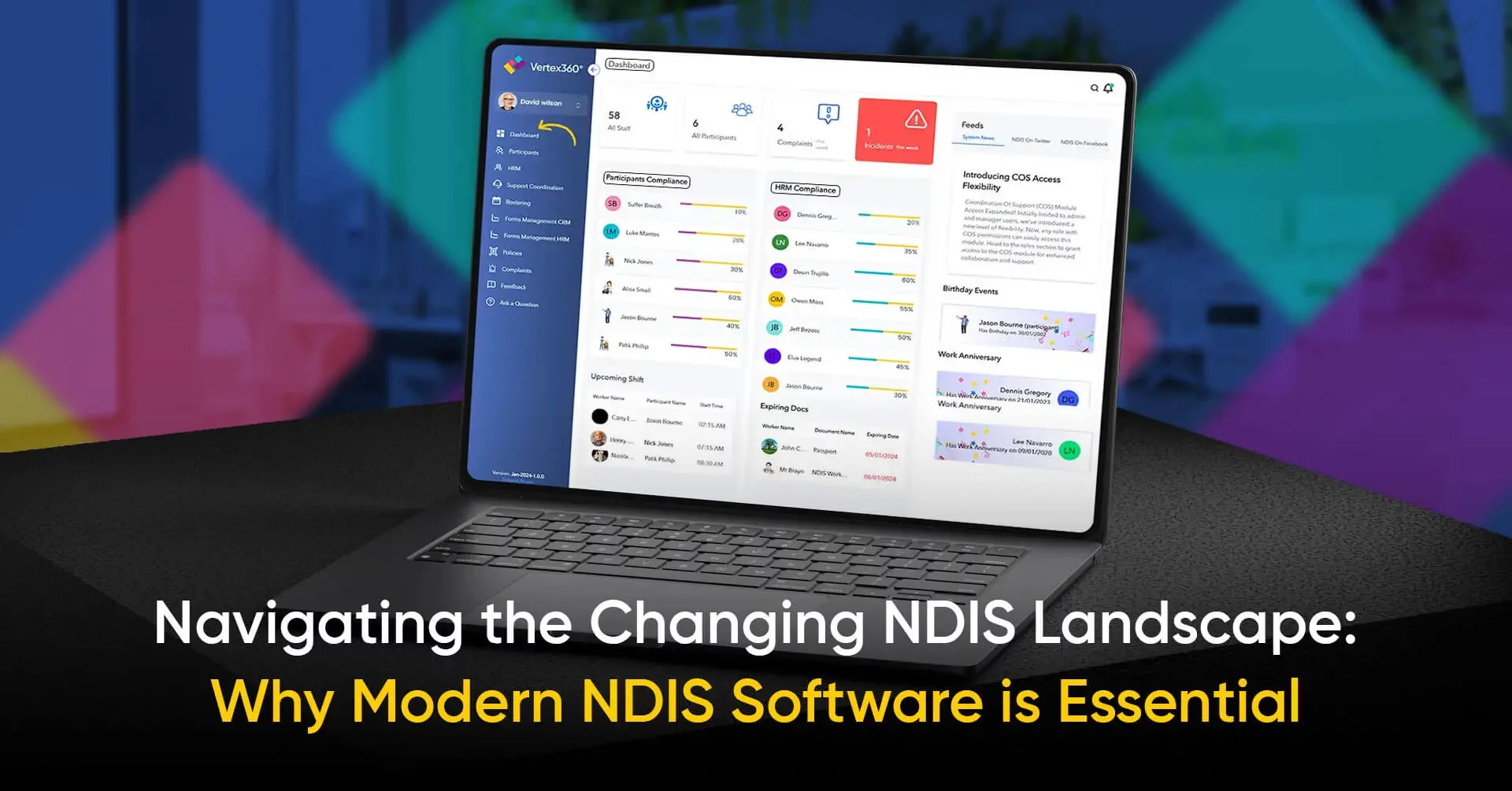Sustainable Aviation Fuel Market: Consumption Insights, Demand Shifts, and Long-Term Forecast by 2033
Worldwide Sustainable Aviation Fuel Market Scope
[110 Pages Report] Comprising over 150 pages of meticulous examination, the report offers an in-depth analysis. Additionally, this comprehensive market report encompasses projected market dimensions and trends pertaining to various countries within key global regions.
According to Straits Research, the global sustainable aviation fuel market size was estimated at USD 882.13 million in 2024 and is anticipated to reach USD 64187.6 billion in 2033, growing at a CAGR of 61.02% from 2025 to 2033.
The report seamlessly integrates comprehensive quantitative analysis with exhaustive qualitative examination. It spans from a macro-level overview encompassing the total market size, industry chain, and market dynamics, to micro-level details that dissect segment markets based on type, application, and region. As a culmination, it delivers a comprehensive and holistic perspective, offering profound insights into the Sustainable Aviation Fuel market by encompassing all pivotal facets.
Download the Sample Pages of this Report for Better Understanding @https://straitsresearch.com/report/sustainable-aviation-fuel-market
Data Sources and Methodology
For a holistic understanding of the Global Sustainable Aviation Fuel Market, our methodology was rigorous and well-structured. We harnessed an array of data sources and employed a systematic approach. Our strategy encompassed engaging with industry experts and pivotal stakeholders throughout the market's value chain. This engagement spanned management entities, processing organizations, and providers of analytics services.
Sustainable Aviation Fuel Market Segmentation:
By Fuel Type
Biofuel
Hydrogen Fuel
Power to Liquid Fuel
By Aircraft Type
Fixed Wings
Rotorcraft
Others
By Platform
Commercial Aviation
Military Aviation
Business and General Aviation
Unmanned Aerial Vehicle
We adhered to a meticulous data analysis procedure to uphold the integrity and trustworthiness of our research. The information we collected underwent a thorough evaluation, and pertinent quantitative data underwent rigorous statistical analysis. Through the implementation of robust analytical methodologies, we extracted valuable insights, culminating in a comprehensive portrayal of the Global Sustainable Aviation Fuel Market.
Top Key Industry Players:
Neste
AEMETIS Inc.
Gevo
OMV Aktiengesellschaft
Shell PLC
BP PLC
LanzaTech
World Energy
Sasol
SkyNRG
Get Detailed Market Segmentation @ https://straitsresearch.com/report/sustainable-aviation-fuel-market/segmentation
Competitive Landscape Analysis:
Competition is a central focus in any market research study. This section outlines the competitive environment and profiles key players in the Sustainable Aviation Fuel Market. It includes a detailed assessment of both established and emerging companies, analysing their market share, gross margins, product offerings, production capacity, revenue, and sales performance. Additionally, the insights provided here help stakeholders understand the strategic approaches of leading market players, enabling them to develop effective counter-strategies and enhance their competitive positioning.
Global Regional Outlook:
North America: North America is currently the largest market for Sustainable Aviation Fuel, accounting for a significant share of the global market.
Europe: While the North America leads in market size, Europe is emerging as the fastest growing region in the Sustainable Aviation Fuel market.
Key Benefits For Stakeholders
The report offers an exclusive and comprehensive analysis of global Sustainable Aviation Fuel market trends, coupled with a forecast for the market's trajectory.
It provides insights into the opportunities within the Sustainable Aviation Fuel market, while also addressing the key drivers and limitations that influence the market's course.
The report amalgamates detailed information, contributions from industry stakeholders and experts along the value chain, and a quantitative and qualitative evaluation by industry analysts.
The utilization of Porter's five forces analysis aids in the assessment of the market's potential for buyers and suppliers, as well as the competitive landscape, all contributing to strategic decision-making.
The report, encompassing an analysis of the Sustainable Aviation Fuel market, delves into the qualitative impact of various industry factors on both market segments and geographical regions.
The information presented in this report centers around the dynamics of the market, emerging trends, and developments that have an impact on the growth of the Sustainable Aviation Fuel market.
Inquiry Before Buying @ https://straitsresearch.com/buy-now/sustainable-aviation-fuel-market
Thanks for reading this article; you can also get separate chapter-wise sections or region-wise report versions like North America, Europe, or Asia.
About Us:
StraitsResearch.com is a leading research and intelligence organization, specializing in research, analytics, and advisory services along with providing business insights & research reports.
Contact Us:
Email: sales@straitsresearch.com
Tel: +1 646 905 0080 (U.S.), +44 203 695 0070 (U.K.)
Website: https://straitsresearch.com/
Worldwide Sustainable Aviation Fuel Market Scope
[110 Pages Report] Comprising over 150 pages of meticulous examination, the report offers an in-depth analysis. Additionally, this comprehensive market report encompasses projected market dimensions and trends pertaining to various countries within key global regions.
According to Straits Research, the global sustainable aviation fuel market size was estimated at USD 882.13 million in 2024 and is anticipated to reach USD 64187.6 billion in 2033, growing at a CAGR of 61.02% from 2025 to 2033.
The report seamlessly integrates comprehensive quantitative analysis with exhaustive qualitative examination. It spans from a macro-level overview encompassing the total market size, industry chain, and market dynamics, to micro-level details that dissect segment markets based on type, application, and region. As a culmination, it delivers a comprehensive and holistic perspective, offering profound insights into the Sustainable Aviation Fuel market by encompassing all pivotal facets.
Download the Sample Pages of this Report for Better Understanding @https://straitsresearch.com/report/sustainable-aviation-fuel-market
Data Sources and Methodology
For a holistic understanding of the Global Sustainable Aviation Fuel Market, our methodology was rigorous and well-structured. We harnessed an array of data sources and employed a systematic approach. Our strategy encompassed engaging with industry experts and pivotal stakeholders throughout the market's value chain. This engagement spanned management entities, processing organizations, and providers of analytics services.
Sustainable Aviation Fuel Market Segmentation:
By Fuel Type
Biofuel
Hydrogen Fuel
Power to Liquid Fuel
By Aircraft Type
Fixed Wings
Rotorcraft
Others
By Platform
Commercial Aviation
Military Aviation
Business and General Aviation
Unmanned Aerial Vehicle
We adhered to a meticulous data analysis procedure to uphold the integrity and trustworthiness of our research. The information we collected underwent a thorough evaluation, and pertinent quantitative data underwent rigorous statistical analysis. Through the implementation of robust analytical methodologies, we extracted valuable insights, culminating in a comprehensive portrayal of the Global Sustainable Aviation Fuel Market.
Top Key Industry Players:
Neste
AEMETIS Inc.
Gevo
OMV Aktiengesellschaft
Shell PLC
BP PLC
LanzaTech
World Energy
Sasol
SkyNRG
Get Detailed Market Segmentation @ https://straitsresearch.com/report/sustainable-aviation-fuel-market/segmentation
Competitive Landscape Analysis:
Competition is a central focus in any market research study. This section outlines the competitive environment and profiles key players in the Sustainable Aviation Fuel Market. It includes a detailed assessment of both established and emerging companies, analysing their market share, gross margins, product offerings, production capacity, revenue, and sales performance. Additionally, the insights provided here help stakeholders understand the strategic approaches of leading market players, enabling them to develop effective counter-strategies and enhance their competitive positioning.
Global Regional Outlook:
North America: North America is currently the largest market for Sustainable Aviation Fuel, accounting for a significant share of the global market.
Europe: While the North America leads in market size, Europe is emerging as the fastest growing region in the Sustainable Aviation Fuel market.
Key Benefits For Stakeholders
The report offers an exclusive and comprehensive analysis of global Sustainable Aviation Fuel market trends, coupled with a forecast for the market's trajectory.
It provides insights into the opportunities within the Sustainable Aviation Fuel market, while also addressing the key drivers and limitations that influence the market's course.
The report amalgamates detailed information, contributions from industry stakeholders and experts along the value chain, and a quantitative and qualitative evaluation by industry analysts.
The utilization of Porter's five forces analysis aids in the assessment of the market's potential for buyers and suppliers, as well as the competitive landscape, all contributing to strategic decision-making.
The report, encompassing an analysis of the Sustainable Aviation Fuel market, delves into the qualitative impact of various industry factors on both market segments and geographical regions.
The information presented in this report centers around the dynamics of the market, emerging trends, and developments that have an impact on the growth of the Sustainable Aviation Fuel market.
Inquiry Before Buying @ https://straitsresearch.com/buy-now/sustainable-aviation-fuel-market
Thanks for reading this article; you can also get separate chapter-wise sections or region-wise report versions like North America, Europe, or Asia.
About Us:
StraitsResearch.com is a leading research and intelligence organization, specializing in research, analytics, and advisory services along with providing business insights & research reports.
Contact Us:
Email: sales@straitsresearch.com
Tel: +1 646 905 0080 (U.S.), +44 203 695 0070 (U.K.)
Website: https://straitsresearch.com/
Sustainable Aviation Fuel Market: Consumption Insights, Demand Shifts, and Long-Term Forecast by 2033
Worldwide Sustainable Aviation Fuel Market Scope
[110 Pages Report] Comprising over 150 pages of meticulous examination, the report offers an in-depth analysis. Additionally, this comprehensive market report encompasses projected market dimensions and trends pertaining to various countries within key global regions.
According to Straits Research, the global sustainable aviation fuel market size was estimated at USD 882.13 million in 2024 and is anticipated to reach USD 64187.6 billion in 2033, growing at a CAGR of 61.02% from 2025 to 2033.
The report seamlessly integrates comprehensive quantitative analysis with exhaustive qualitative examination. It spans from a macro-level overview encompassing the total market size, industry chain, and market dynamics, to micro-level details that dissect segment markets based on type, application, and region. As a culmination, it delivers a comprehensive and holistic perspective, offering profound insights into the Sustainable Aviation Fuel market by encompassing all pivotal facets.
Download the Sample Pages of this Report for Better Understanding @https://straitsresearch.com/report/sustainable-aviation-fuel-market
Data Sources and Methodology
For a holistic understanding of the Global Sustainable Aviation Fuel Market, our methodology was rigorous and well-structured. We harnessed an array of data sources and employed a systematic approach. Our strategy encompassed engaging with industry experts and pivotal stakeholders throughout the market's value chain. This engagement spanned management entities, processing organizations, and providers of analytics services.
Sustainable Aviation Fuel Market Segmentation:
By Fuel Type
Biofuel
Hydrogen Fuel
Power to Liquid Fuel
By Aircraft Type
Fixed Wings
Rotorcraft
Others
By Platform
Commercial Aviation
Military Aviation
Business and General Aviation
Unmanned Aerial Vehicle
We adhered to a meticulous data analysis procedure to uphold the integrity and trustworthiness of our research. The information we collected underwent a thorough evaluation, and pertinent quantitative data underwent rigorous statistical analysis. Through the implementation of robust analytical methodologies, we extracted valuable insights, culminating in a comprehensive portrayal of the Global Sustainable Aviation Fuel Market.
Top Key Industry Players:
Neste
AEMETIS Inc.
Gevo
OMV Aktiengesellschaft
Shell PLC
BP PLC
LanzaTech
World Energy
Sasol
SkyNRG
Get Detailed Market Segmentation @ https://straitsresearch.com/report/sustainable-aviation-fuel-market/segmentation
Competitive Landscape Analysis:
Competition is a central focus in any market research study. This section outlines the competitive environment and profiles key players in the Sustainable Aviation Fuel Market. It includes a detailed assessment of both established and emerging companies, analysing their market share, gross margins, product offerings, production capacity, revenue, and sales performance. Additionally, the insights provided here help stakeholders understand the strategic approaches of leading market players, enabling them to develop effective counter-strategies and enhance their competitive positioning.
Global Regional Outlook:
North America: North America is currently the largest market for Sustainable Aviation Fuel, accounting for a significant share of the global market.
Europe: While the North America leads in market size, Europe is emerging as the fastest growing region in the Sustainable Aviation Fuel market.
Key Benefits For Stakeholders
The report offers an exclusive and comprehensive analysis of global Sustainable Aviation Fuel market trends, coupled with a forecast for the market's trajectory.
It provides insights into the opportunities within the Sustainable Aviation Fuel market, while also addressing the key drivers and limitations that influence the market's course.
The report amalgamates detailed information, contributions from industry stakeholders and experts along the value chain, and a quantitative and qualitative evaluation by industry analysts.
The utilization of Porter's five forces analysis aids in the assessment of the market's potential for buyers and suppliers, as well as the competitive landscape, all contributing to strategic decision-making.
The report, encompassing an analysis of the Sustainable Aviation Fuel market, delves into the qualitative impact of various industry factors on both market segments and geographical regions.
The information presented in this report centers around the dynamics of the market, emerging trends, and developments that have an impact on the growth of the Sustainable Aviation Fuel market.
Inquiry Before Buying @ https://straitsresearch.com/buy-now/sustainable-aviation-fuel-market
Thanks for reading this article; you can also get separate chapter-wise sections or region-wise report versions like North America, Europe, or Asia.
About Us:
StraitsResearch.com is a leading research and intelligence organization, specializing in research, analytics, and advisory services along with providing business insights & research reports.
Contact Us:
Email: sales@straitsresearch.com
Tel: +1 646 905 0080 (U.S.), +44 203 695 0070 (U.K.)
Website: https://straitsresearch.com/
·2K Views









